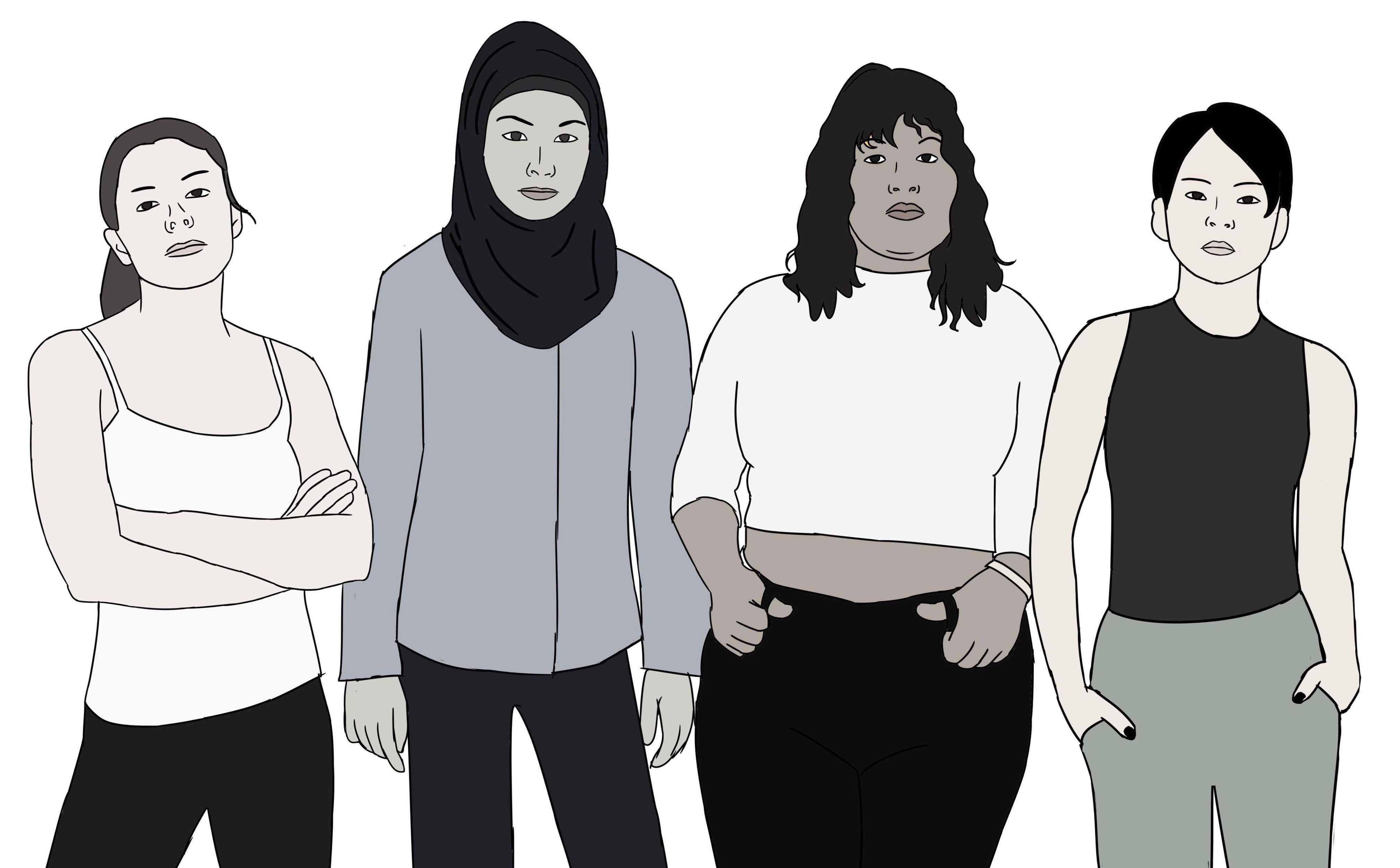When I was just 13, a man indecently exposed himself to me while I was walking my dogs, only a block away from my house. Oddly enough, the incident wasn’t uncommon at the time. Other girls from my middle school, Jordan, had been flashed while traveling to and from school.
Although the school always made an effort to keep their students safe, the administration’s reaction to my experience left me feeling strange and alone. Admin was aware of what had happened, yet I wasn’t offered any support or guidance. The one adult I trusted laughed when I told her what had happened, trivializing the situation. Not only had I lost trust in male strangers, but in my school district too. Three years later, the hashtag #MeToo and the local headlines reporting that Palo Alto Unified School District staff mishandled several sexual assault cases seem to have created more awareness of this issue in our school district. But it’s not enough. So much more change needs to be instituted into our schools and our world.
The #MeToo movement, originally founded in 2006 by Brooklyn-based Tarana Burke, gained national attention in October 2017, when actress Ashley Judd publicly called out film producer Harvey Weinstein for sexually harassing her and countless other women. This was the catalyst of a fiery movement that has brought to light the prevalence of this issue in contemporary culture.
Although adults may have been the initial leaders of this movement, the next generation of women are beginning to take on this responsibility. Between the ages of 12 and 34, one is at the highest risk of rape and sexual assault, and PAUSD’s students are no exception. Indeed, just last year, the district made headlines after reports that it had mishandled many serious sexual assault cases, violating Title IX protocol.
“Between the ages of 12 and 34, one is at the highest risk of rape and sexual assault, and PAUSD’s students are no exception. Indeed, just last year, the district made headlines after reports that it had mishandled many serious sexual assault cases, violating Title IX protocol.”
Shortly after the rapid growth of #MeToo, I began to notice conversations about sexual harassment taking center stage in this district. I have seen more people speaking up, taking this situation into their own hands. For example, various students, parents, and staff throughout the district recently formed the Responsive Inclusive Safe Environment taskforce. RISE is committed to raising awareness and understanding among students, parents and educators about sexual harassment and implementing prevention programs in our schools. We’re a district riddled with sexual harassment, but we’re also one evolving, striving for change.
No, #MeToo hasn’t solved the world-wide epidemic of sexual harassment, but it certainly has changed lives. By shining a light on the sexual harassment epidemic, we have been forced to recognize what many women deal with on an everyday basis. A new generation of young men and women, more aware than ever of social justice issues, are maturing. With a president accused of numerous counts of sexual harassment and who publicly speaks of women as objects, this movement creates a strong stance in opposition to him and counteracts everything he is doing to reverse the hard won gains of the feminist movement. If people continue to stand up and share their own stories, and together we work to enact change, we can not only make the world better for victims of sexual harassment, like myself, but we can create a school, and a world, where being sexually harassed is no longer a common, everyday experience.



